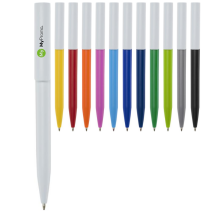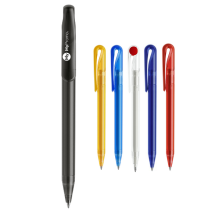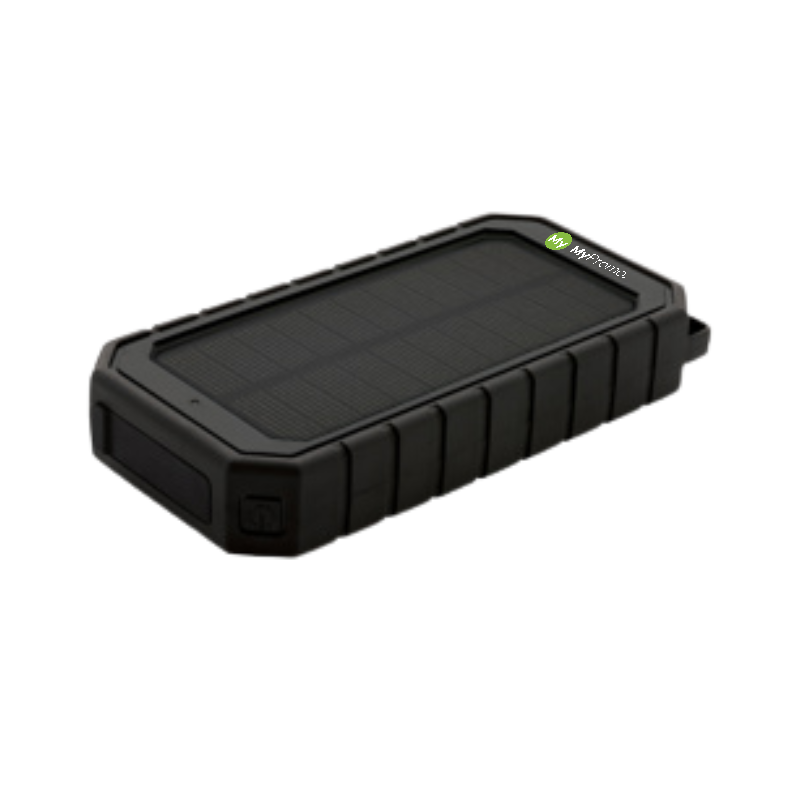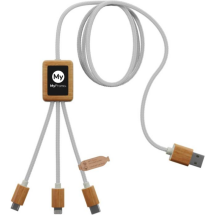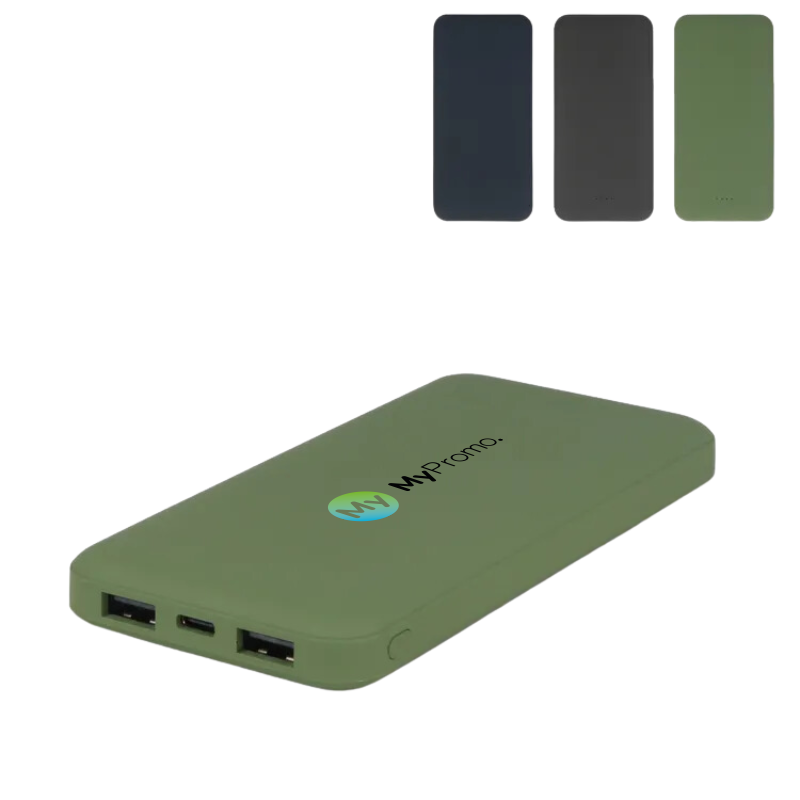Recycled ABS
What is recycled ABS?
Recycled ABS, or Acrylonitrile Butadiene Styrene, is a type of plastic that has been reprocessed from previously used ABS products. It is widely used in the manufacturing industry and popular for promotional gifts due to its versatility and environmental benefits. This material, developed in the 1940s for its mechanical properties and ease of molding, is now collected, cleaned, shredded, melted, and reformed into new pellets, reducing the need for virgin plastics and promoting sustainability.
Properties and characteristics of recycled ABS
Recycled ABS retains many of the properties of virgin ABS, making it a valuable material for various applications. It is known for its strength and durability, providing excellent impact resistance. This plastic is also lightweight, making it ideal for products that need to be both strong and easy to handle. Additionally, recycled ABS is resistant to chemicals and heat, ensuring longevity and performance in different environments.
Applications of recycled ABS
Recycled ABS is used in a wide range of products due to its versatile nature. Common applications include automotive parts, electronics housings, and consumer goods. In the realm of promotional products, recycled ABS is frequently used to create personalized items such as keychains, personalised pens, and USB drives. These items not only serve as effective marketing tools but also demonstrate a commitment to sustainability.
Advantages of using recycled ABS in manufacturing
One of the primary advantages of using recycled ABS is its environmental impact. By repurposing existing materials, manufacturers can significantly reduce plastic waste and decrease the demand for virgin plastics. This helps in conserving resources and reducing the overall carbon footprint of production processes. Additionally, recycled ABS often costs less than virgin ABS, offering economic benefits without compromising quality.
Comparison with other materials
Compared to other plastics like PVC or PET, recycled ABS offers unique benefits such as higher impact resistance and better heat stability. While materials like recycled PET are excellent for creating flexible products like bottles, recycled ABS is preferable for items that require rigidity and durability. However, one challenge with recycled ABS is ensuring consistent quality, as the recycling process can sometimes lead to variations in the material properties.
Potential challenges and limitations
Despite its benefits, recycled ABS does have some limitations. The quality of the recycled material can vary depending on the source and processing methods, which can affect the consistency and performance of the final product. Additionally, not all ABS products are suitable for recycling, and contamination during the recycling process can pose challenges.
Comparison of properties: recycled ABS vs. virgin ABS
| Property | Recycled ABS | Virgin ABS |
|---|---|---|
| Impact Resistance | High | High |
| Heat Stability | Good | Excellent |
| Cost | Lower | Higher |
| Environmental Impact | Lower (Eco-friendly) | Higher (Less eco-friendly) |
What is recycled ABS?
Recycled ABS is a type of plastic that has been reprocessed from used ABS materials, providing a sustainable alternative to virgin ABS.
What are the benefits of using recycled ABS?
Recycled ABS offers environmental benefits by reducing plastic waste and conserving resources. It also tends to be more cost-effective than virgin ABS.
What products are commonly made from recycled ABS?
Recycled ABS is used in automotive parts, electronics housings, consumer goods, and promotional items like keychains and USB drives.
How is recycled ABS produced?
The production of recycled ABS involves collecting used ABS products, cleaning and shredding them, and then melting and reforming the material into pellets for new manufacturing.
What are the challenges associated with recycled ABS?
Some challenges include maintaining consistent quality, dealing with potential contamination during the recycling process, and the fact that not all ABS products are recyclable.

